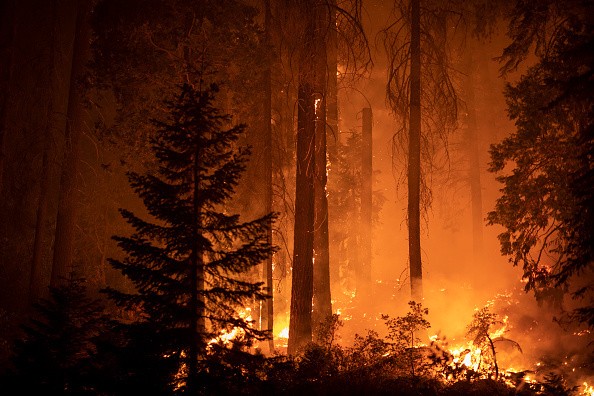Ecosystems changed 125,000 years ago because of our prehistoric ancestors. These are the conclusions of an interdisciplinary investigation conducted by archeologists from Leiden University and other scholars.
The fire was utilized by Neanderthals to maintain the terrain open, and as a result, they had a significant influence on their local environment. On December 15, the work will be published in the journal Science Advances.

"Archeologists have long wondered about the nature and extent of human influence in our planet's ecosystems, and we are increasingly witnessing very early, often faint evidence of this," says Wil Roebroeks, a Leiden University archeology professor.
These signs were substantially stronger in a study at a lignite quarry in Halle, Germany. In the last several decades, archeological research has been conducted at this quarry, Neumark-Nord, and extensive signs of Neanderthal activity have been discovered with vast data on the early environment. "We discovered the bones of hundreds of murdered animals, as well as various stone tools and a large number of charcoal remnants," says the researcher.
Lake Analysis
According to analysis of lake cores and stone tool sites in southern-central Africa, fires lit by growing numbers of humans maintained the terrain open even as wet circumstances suitable to forest development evolved approximately 85,000 years ago. According to Yale University paleoanthropologist Jessica Thompson and her colleagues, open landscapes still prevail in this portion of Africa, as reported in Science Advances on May 5. "For a very long period, humans and near human cousins like Neandertals have likely been [changing] their habitats," Thompson adds.
Related Article : Mysterious Fossil Found in Siberian Cave May be Oldest-Known Sample of Rare Human Lineage
Finding Traces

The traces were discovered in a woodland region 125,000 years ago, which was home to prey like horses, deer, and cattle and elephants, lions, and hyenas. From the Netherlands to Poland, this mixed deciduous forest existed. There were lakes in the region, and signs of Neanderthals have been discovered on the borders of several of them, according to Roebroeks. The impenetrable forest had given way to huge open regions when these Neanderthals appeared, perhaps because of fires.
"Of course, the question is whether it became open because of the arrival of hominins, or whether it became open because of the arrival of hominins? However, we have found sufficient evidence to conclude that hunter-gatherers kept the area open for at least 2,000 years," says Professor Corrie Bakels of the University of Leiden.
Recent Discoveries

Roebroeks and his research team previously discovered that hominins have passed down fire expertise for at least 400,000 years. "We shouldn't be shocked if future study uncovers clues that show hominins had a significant influence on their environment much earlier, at least on a small scale."
Also Read : 5 Most Important Fossil Discoveries in the World
For more prehistoric news, don't forget to follow Nature World News!
© 2025 NatureWorldNews.com All rights reserved. Do not reproduce without permission.





